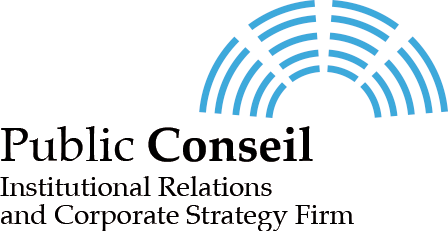What if we trusted the Lobbyists?
Eight hundred years separate us from the English, who, since the Magna Carta of John Lackland in the 13th century, have enshrined in their institutions the right to address their rulers in order to defend their particular interests, acting on the principle that from the confrontation of particular interests a point of equilibrium close to the common good will arise.
France had to wait for the law of 9 December 2016, known as the Sapin 2 law, to officially recognise lobbying, the declared philosophy of which is “the reinforcement of the bond of trust between citizens and public and economic actors”.
TRUST, that says it all!
But how to explain such a space-time?
The answer lies in our history.
Inherited from the monarchy of divine right, power is not shared and only the holder of the supreme authority can guarantee the general interest.
A centralising, Jacobin conception, sacralised in Louis XIV’s lapidary formula “l’Etat c’est moi” (the State is me), which will mark and perhaps still marks our minds and our institutions in the background…
How else can we explain this mistrust of lobbying, obscuring the fact that behind this name there are men and women who practise this profession as independents or in companies, with competence and deontology?
When will we recognise these lawyers, specialists in parliamentary procedure and the functioning of institutions, as actors at the service of the economic world and of democracy?
What could be more praiseworthy than allowing, facilitating and working to strengthen the dialogue between two worlds, the political world and the economic world, for better informed decisions that are closer to the needs of the field?
In this concert where only bad examples are shown, let us pay tribute to Jacques Delors who understood that the French conception was not tenable at the European level, to Gaston Defferre who understood that the general interest could be decentralised, to the Economic Affairs Commission of the National Assembly which, in a blue book, praised in preamble the virtues of interest groups and the added value they bring, particularly in terms of expertise, to legislative debates.
The reality of lobbying is to create a bond of trust and to involve the company in political reflection while respecting the institutions.
That’s it!





